Hard of hearing people often live in between a hearing world and a deaf world. This Gray Zone can be challenging.
Someone needs to explain to my 3 year old how secrets are supposed to work. In theory, one person relays a message to another and only they know the contents of the message which makes it a special knowledge that you share. However if something goes haywire in the message delivery, then the delivery method certainly needs reevaluation. That’s where we are now.
For the last few months, we have repeated variants of the following conversation:
“Mommy, I want to tell you a secret!”
“Oh, I love secrets! What’s the secret?”
(she goes to whisper in my ear)
“Honey, I can’t understand you when you whisper in my ear.”
“But why?”
“Because Mommy is deaf.”
“But why?”
“My ears don’t hear that way. I need to see what you say. Hey, you know what’s even better than whispering the secret in my ear?”
(excited) “What?!”
“You can SIGN the secret to me and hide behind your jacket so only we see!”
(she doesn’t look convinced)
We find a middle ground where she still whispers it to me but facing me so I can lipread her. She cups her hands around her mouth so it’s still secret-like, and it’s some good giggly fun. I suppose it’s one of many deaf-detours we have on the road ahead. She’ll keep me on my toes, no doubt.
The term ‘hard of hearing’ is misunderstood
It can be hard for people to understand what our labels mean. To my daughter, the word “deaf” doesn’t mean that I can’t hear anything.
I can.
She knows I can hear music playing in the car, her yell, “Mommyyyyyyy!!” from behind me, and most likely if she screams like a banshee from the other room.
Therefore she knows my ears do possess the ability to hear to some degree. I might hear the sound of her whispering but without some visual cues, I don’t understand what she said.
‘Hard of hearing’ can be hard to explain
As secret-gate implies, even the people who know you might not know what you hear or what you need to communicate.
Many of us will hear the sounds of something being said, but can’t understand what is being said.
This can make it harder to explain to others. Especially in brevity to those who you might not engage with for very long (think cashiers at stores, bank tellers, restaurant staff), and harder to feel confident in asking what you need in order to communicate with others clearly.
Hard of hearing people (and Deaf people who use some residual hearing) are in the Gray Zone. Not completely hearing and not completely deaf.
A little of each, maybe? Aha.
The key to clarity is confidence
When I was younger, I felt ashamed of being different. I didn’t have the tools or knowhow to clearly explain what I heard and what I didn’t. There were so many variables that could change things up and I didn’t have deaf peers or role models so I didn’t want to seem like a weirdo. So I bluffed a lot and didn’t explain the facts to anyone unless I was really in a communication pickle.
Obviously, I don’t feel that this served me well. I was hiding a huge aspect of myself so of course my self-esteem suffered.
Knowing other people who are deaf and hard of hearing was the key to me gaining the confidence in who I am.
That was the hard part, but, at that point I was better able to talk about it with people as needed.
Once you’re there, the rest is easier. Take a self-inventory.
Figure out what you need
Do you need to see someone’s mouth? Want them to talk slower? Louder? Face you? Write it down? Point?
Write a script
The thing you’ll need to say to explain what you need. Short, sweet, and positive works well. Can you please face me, I’m deaf. Would you say that again? Thanks.
Get a schtick
The delivery of your script. Practice it in your head, out loud, in the mirror. The more you say it and use it, the easier it gets!
Carry on
For every positive communication exchange you have, consider it a bonus. You won’t solve every communication issue. And when you don’t, just move on.
If you don’t know others who are deaf or hard of hearing, the Hearing Loss Association of America and the National Association of the Deaf are wonderful resources.
The Gray Zone has its own unique set of challenges. And when you’re there it’s hard to know what you need, what to do or where you fit in. The key is carving out your own presence and embracing the best of all worlds!




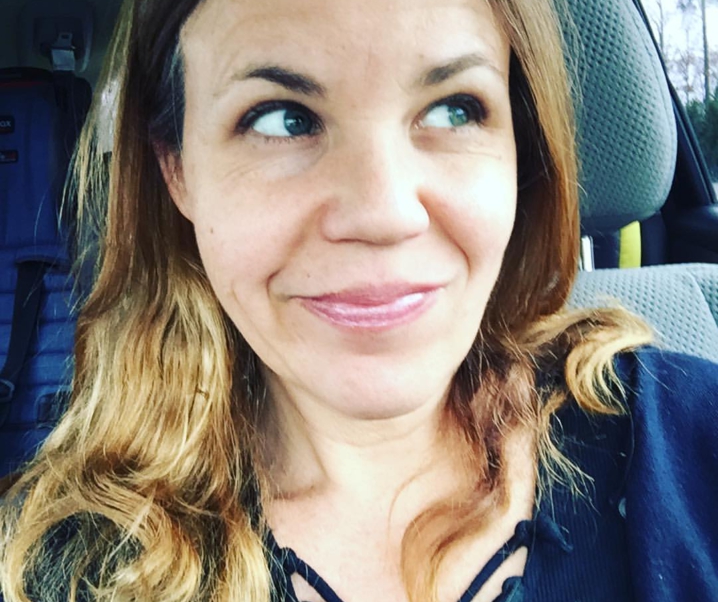
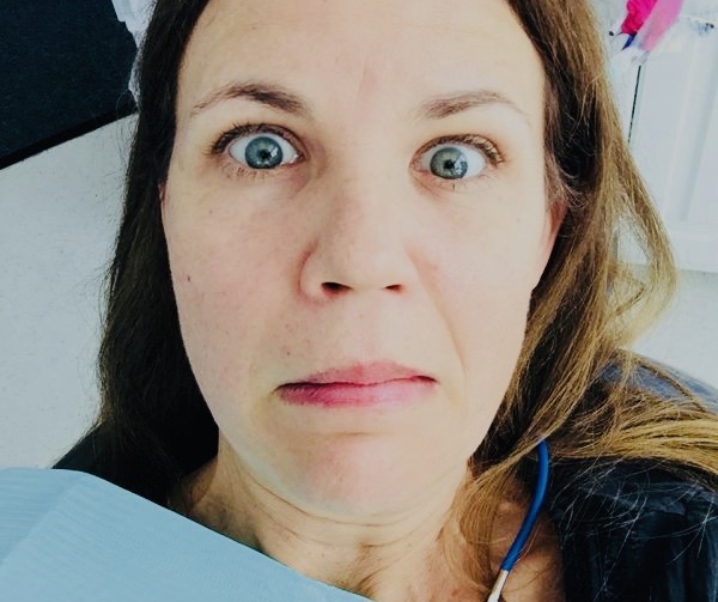
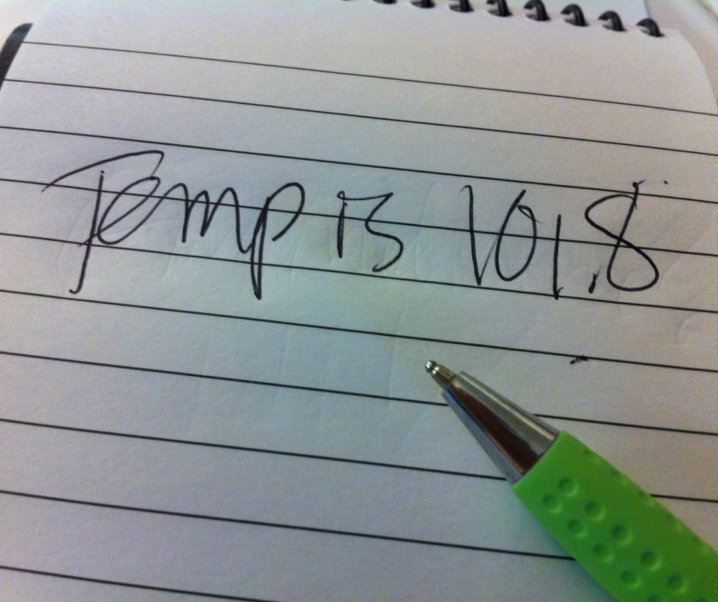
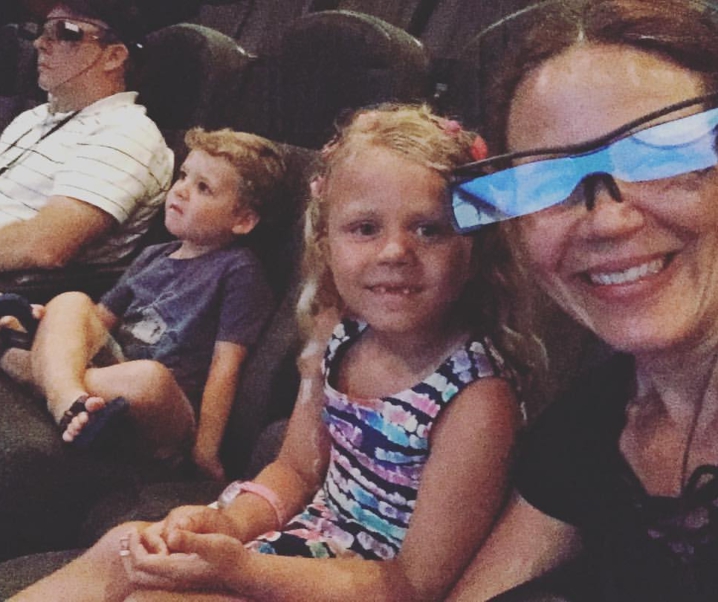
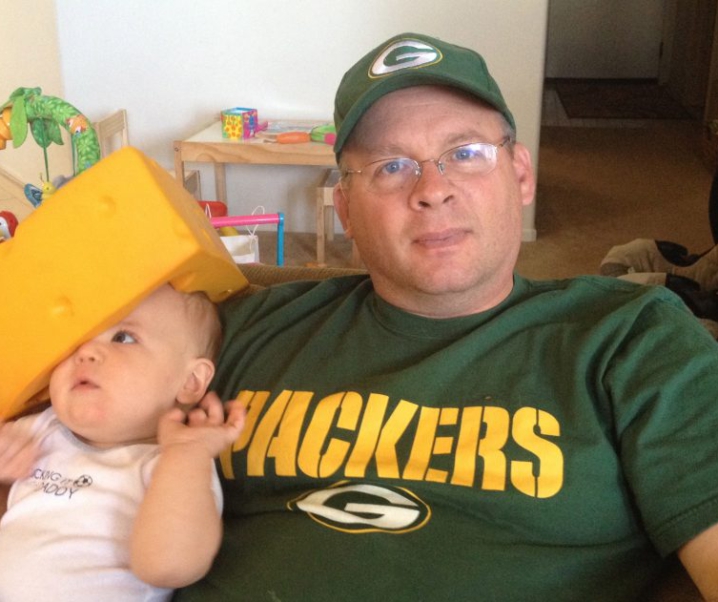
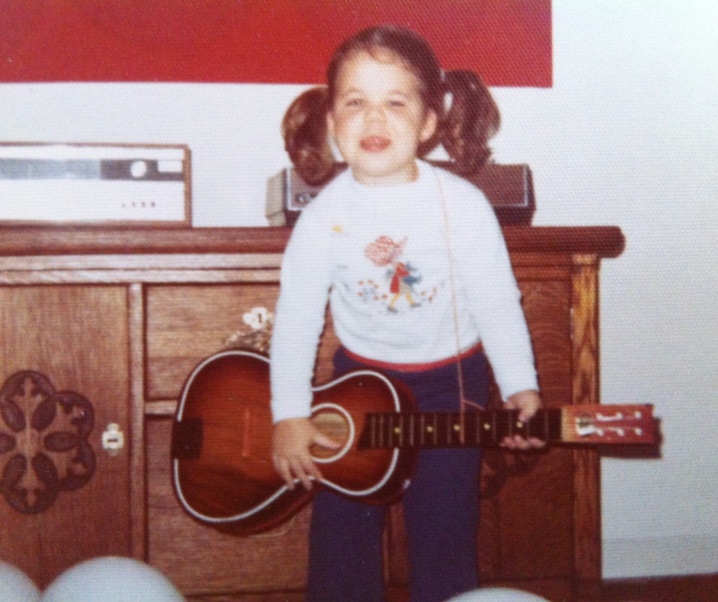
Meagan
March 4, 2014Have you explained to your daughter what “hard of hearing” is? If so, I think that would be a good start, & she might understand that better than you being deaf. “You know how Mommy tells you she can’t hear?” (Your daughter nods.) “Well, Mommy can hear SOME things, but not everything. I can hear you when you’re being very loud, but I can’t hear things that are very quiet. This is why Mommy asks you to sign your secrets to me, because I can’t hear you whispering in my ear. It’s not much of a secret if I can’t understand you, right?” (Wait for your daughter to react here.) “So if you have a secret, sign it to Mommy.”
That last bit might be a little more fun for your daughter/satisfy her need to tell you her secret if you guys had a “secret place”–a place in your house that doesn’t have much traffic where her secrets can be told. When Spring & Summer roll around, it might be a quiet place in your yard or something. Figure out what works for you both. 🙂
soundforlight
March 5, 2014Great suggestions, Megan! I appreciate your thoughts. I love the idea of another place to tell me the secret. That’ll be great to add to the game “vocabulary”!